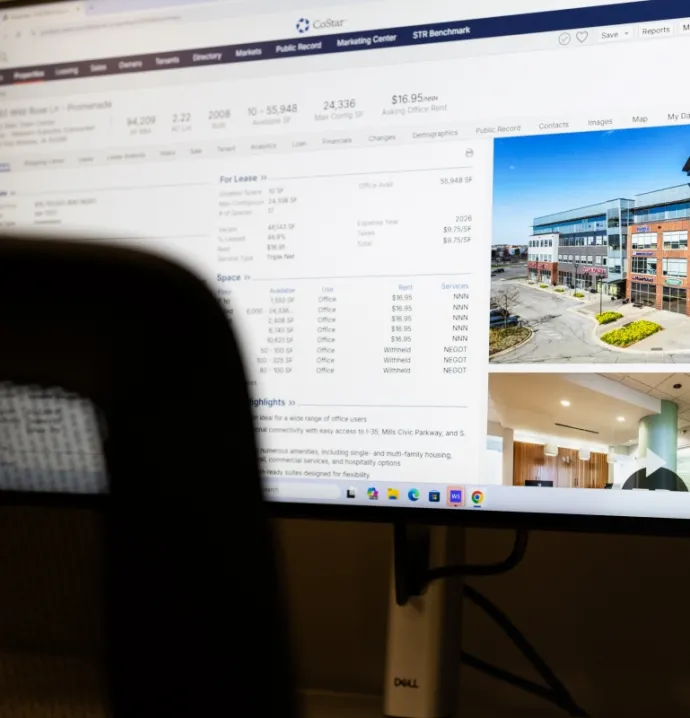The Heartbeat of Community
The Heartbeat of Community

Think of the fond places you frequent in your hometown. Maybe it’s the corner pizza shop, the downtown grocery store, or the bank next door. In many towns, these businesses are essential, employing community members and providing the only goods and services available for miles.
Small businesses are often referred to as the backbone of Iowa and the United States for a variety of reasons. In Iowa, small businesses make up about 99.3% of all businesses and employ approximately 50% of the state’s workforce, as reported by the U.S. Small Business Association in 2021. Additionally, small businesses play a significant role in driving Iowa’s economy, accounting for 81.7% of the firms that exported goods from the state in 2019, according to a report by the U.S. Census Bureau. On a national level, there are 32.5 million small businesses in the United States, representing 99.9% of all businesses in the country.
Beyond the numbers, small businesses also have many intangible effects, as they are often intricately interwoven into the community fabric.
“Small businesses give us our quality of life,” said Amy Dutton, director of the UNI Small Business Development Center. “When you go to a community, and it doesn’t matter if it’s small or large, you’ll probably have your big-name box stores nearby. But the personality of those communities comes from those small businesses and the vision and effort of small business owners. It’s what helps us chose the places we visit, the places we want to live, how we tackle our day-to-day experiences.”
UNI graduates Emiliano (Communication Studies ‘04) and Shannon (Finance ‘03) Lerda have experienced this firsthand. Through their own small business, Elevate, they work with other small businesses. Elevate leverages a concept called co-warehousing. Similar to co-working, co-warehousing provides space, shipping and logistics support for businesses.
Since launching in November 2022 in Omaha, Nebraska, Elevate is at 40% capacity and employs 10 people. Shannon and Emiliano have plans to expand to other major cities as well to see if this concept can help other small business thrive.
“We feel small businesses are really, really important because a lot of the money they make stays in the community,” Shannon said. “We want to foster economic prosperity and growth for small business owners and communities. Yes, we provide shipping and logistics support, but that’s just the what we do. This is why we do what we do.”
One of their tenants, a tech organization called Motherboard, has already expanded to a second space and makes a direct impact beyond sales, employing people on the autism spectrum. “This is more than just an economic difference,” Shannon said.
Emiliano agreed, and added that small businesses also help drive innovation.
“A lot of the greatest innovations that we will see in our lifetime come from small businesses,” he said. “It may be a mixture of tech businesses with other services, like businesses with physical goods, but I believe that small businesses are likely to be the ones innovating in our future. Supporting this innovation can help us all as a community.”
Along with the visible, quantifiable benefits small businesses bring to communities, there are the small things that you can’t quantify. Small businesses sponsor the local little league baseball team. They make meaningful donations to community members in need. They provide valuable funding for school or library programs. And it’s those little things that perhaps mean the most.
“It’s hard to measure, because so many things are not tangible,” Dutton said. “Those are huge benefits, and that’s why I love working with small businesses. They can and often want to help their communities in so many ways.”




